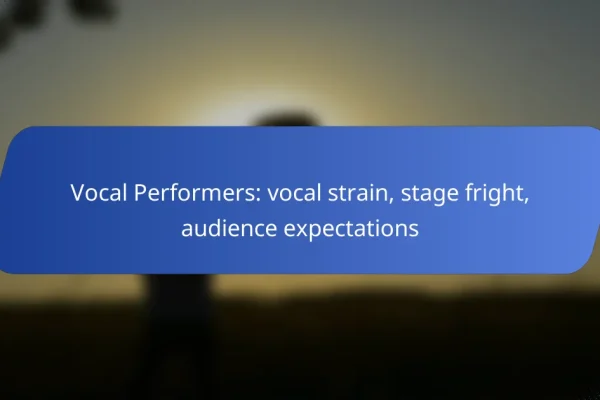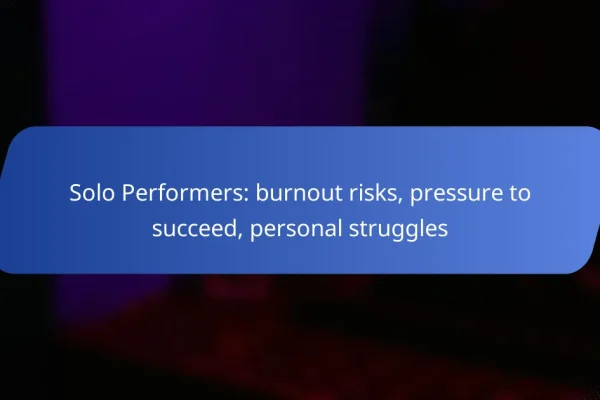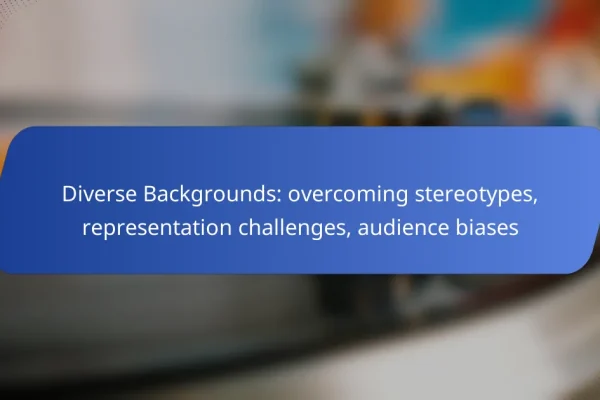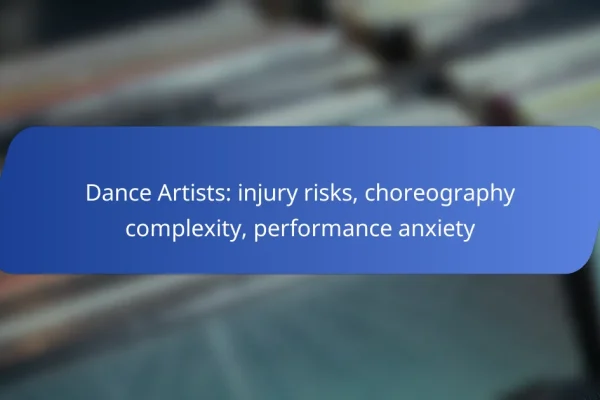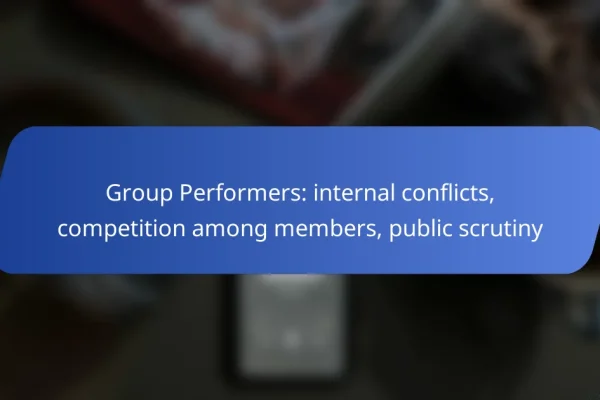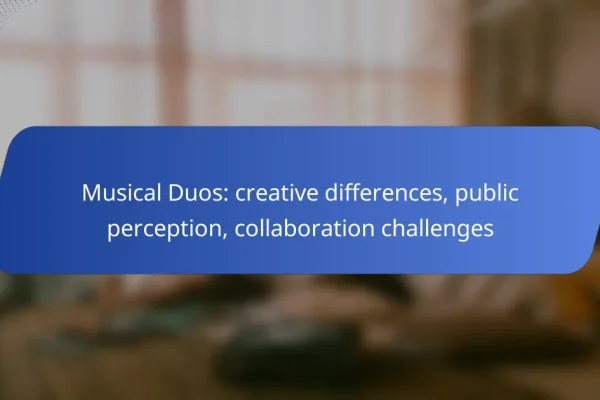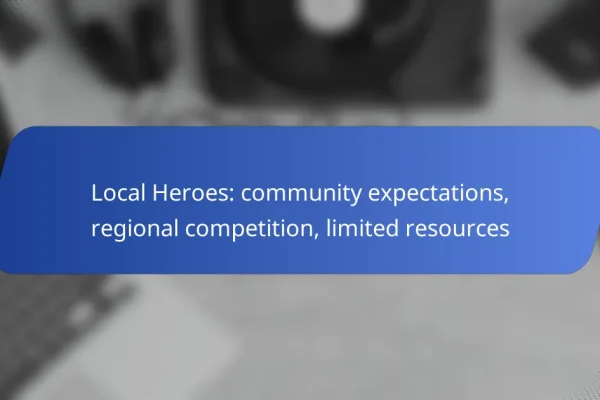What risks do contestants face in reality TV shows?
Contestants in reality TV shows face various risks that can significantly impact their mental and physical well-being. These challenges include emotional distress, physical injuries, public scrutiny, and financial instability.
Emotional distress
Emotional distress is a common risk for reality TV contestants due to the high-pressure environment and intense competition. Many participants experience anxiety, depression, or feelings of isolation as they navigate the challenges of filming and public exposure.
Contestants should be aware of their mental health and seek support when needed. Engaging with a therapist or counselor can help manage stress and emotional turmoil during and after the show.
Physical injuries
Physical injuries can occur during challenges or stunts that contestants are required to perform. These injuries may range from minor cuts and bruises to more severe incidents requiring medical attention.
Contestants should prioritize their safety by understanding the risks associated with specific challenges and following safety guidelines provided by the production team. Wearing appropriate gear and communicating any discomfort during tasks can help mitigate injury risks.
Public scrutiny
Public scrutiny is a significant challenge for reality TV contestants, as their actions and decisions are often judged by viewers and media. This scrutiny can lead to negative publicity, online harassment, and damage to personal relationships.
To cope with public scrutiny, contestants should prepare for potential backlash and develop strategies to manage their online presence. Limiting social media engagement and focusing on positive interactions can help maintain mental well-being.
Financial instability
Financial instability is a risk for many reality TV contestants, especially if they leave their jobs to participate in a show. While some contestants may receive compensation, it may not be sufficient to cover lost income or future expenses.
Contestants should evaluate their financial situation before participating and consider setting aside savings to buffer against potential income loss. Creating a budget and planning for post-show opportunities can also help manage financial risks effectively.
How can contestants mitigate risks in competitions?
Contestants can mitigate risks in competitions by engaging in thorough preparation, understanding legal protections, and establishing strong support networks. These strategies help reduce psychological stress, clarify expectations, and ensure safety during the competition process.
Pre-show psychological evaluations
Pre-show psychological evaluations are crucial for assessing a contestant’s mental readiness and resilience. These evaluations often include interviews and standardized tests that gauge emotional stability and coping mechanisms.
By participating in these assessments, contestants can identify potential vulnerabilities and receive tailored strategies to manage stress. This proactive approach can enhance performance and well-being throughout the competition.
Legal contracts and protections
Legal contracts are essential for safeguarding contestants’ rights and outlining the terms of participation. These documents typically cover aspects such as liability waivers, intellectual property rights, and confidentiality agreements.
Contestants should carefully review contracts before signing to ensure they understand their obligations and protections. Seeking legal advice can help clarify any confusing clauses and prevent future disputes.
Support systems during filming
Establishing support systems during filming can significantly alleviate the pressures contestants face. This may include having access to mental health professionals, family members, or fellow contestants who can provide encouragement and guidance.
Contestants should communicate their needs and seek assistance when feeling overwhelmed. Building a reliable support network can enhance resilience and improve overall experiences in high-stress environments like competitions.
What are the challenges in competitive sports?
Competitive sports present various challenges that can impact athletes’ performance and well-being. Key issues include injury risks, performance pressure, and team dynamics, all of which require careful management to ensure success and safety.
Injury risks
Injury risks are a significant concern in competitive sports, as athletes often push their bodies to the limit. Common injuries include sprains, fractures, and muscle tears, which can occur during training or competition.
To mitigate these risks, athletes should engage in proper warm-up routines, use appropriate protective gear, and follow sport-specific training regimens. Regular physical assessments can also help identify potential vulnerabilities before they lead to injuries.
Performance pressure
Performance pressure is another challenge that contestants face, stemming from expectations from coaches, teammates, and fans. This pressure can lead to anxiety and affect an athlete’s focus and decision-making during competitions.
To cope with performance pressure, athletes can develop mental resilience through techniques such as visualization, mindfulness, and goal-setting. Establishing a supportive environment with open communication can also alleviate some of the stress associated with competition.
Team dynamics
Team dynamics play a crucial role in the success of team sports, influencing collaboration and overall performance. Conflicts or lack of cohesion among team members can hinder effectiveness and lead to poor results.
To foster positive team dynamics, it is essential to encourage open communication, establish clear roles, and engage in team-building activities. Regular feedback sessions can help address issues early and promote a culture of trust and support within the team.
How does media portrayal affect contestants?
Media portrayal significantly impacts contestants by shaping public perception and influencing their experiences during and after competitions. Positive or negative representation can affect their mental well-being, reputation, and interactions on social platforms.
Impact on mental health
Contestants often face intense pressure due to how they are depicted in the media. Negative portrayals can lead to anxiety, depression, and a diminished sense of self-worth. It’s crucial for contestants to develop coping strategies and seek support from mental health professionals when needed.
Maintaining a healthy mindset involves setting boundaries with media consumption and focusing on personal achievements rather than public opinion. Engaging in mindfulness practices or therapy can help mitigate the adverse effects of media scrutiny.
Reputation management
Managing reputation is vital for contestants, as media narratives can quickly shift public opinion. A single misstep can lead to long-lasting consequences, making it essential for contestants to actively monitor their public image. This includes addressing any misinformation promptly and professionally.
Building a positive online presence through consistent, authentic engagement can help counteract negative portrayals. Contestants should consider using public relations strategies to enhance their image and respond effectively to any controversies.
Social media backlash
Social media backlash can occur rapidly, often fueled by sensationalized media coverage. Contestants may find themselves facing criticism or harassment, which can be overwhelming. It’s important for them to prepare for potential backlash by developing a support network and establishing a clear communication strategy.
To navigate social media effectively, contestants should focus on engaging positively with their audience and avoiding confrontations. Setting privacy settings and taking breaks from social media can also help manage stress and maintain mental health during challenging times.
What are the long-term effects of competition participation?
Participation in competitions can lead to various long-term effects, including career advancements, health issues, and changes in public perception. Contestants often face both opportunities and challenges that can shape their future in significant ways.
Career opportunities
Engaging in competitions can open doors to numerous career opportunities. Many contestants gain visibility, which can lead to job offers, sponsorships, or collaborations in their field. For instance, a successful contestant in a cooking competition might receive offers from restaurants or food brands.
However, the benefits can vary widely based on the type of competition and the contestant’s performance. Some may find that their skills are in high demand, while others might struggle to translate their experience into a stable career path.
Health consequences
Competing can have both positive and negative health consequences. On one hand, the discipline required for competition can lead to improved physical fitness and mental resilience. On the other hand, the pressure to perform can result in stress, anxiety, or even burnout.
Contestants should be mindful of their well-being and consider balancing competition with self-care practices. Regular check-ins with health professionals can help mitigate potential negative impacts, ensuring that the pursuit of success does not come at the cost of health.
Public perception shifts
Public perception of contestants can change dramatically based on their performance and behavior during competitions. Successful contestants often become role models or influencers, gaining a positive reputation that can enhance their career prospects.
Conversely, negative incidents or controversies can lead to a decline in public favor. Contestants should be aware of how their actions are perceived and strive to maintain a positive image, as this can significantly affect their long-term opportunities and relationships within their industry.
What support resources are available for contestants?
Contestants can access a variety of support resources designed to help them navigate the challenges they face. These resources often include mentorship programs, training workshops, and online forums where contestants can share experiences and advice.
Mentorship programs
Mentorship programs connect contestants with experienced individuals who can provide guidance and support. These mentors often share insights on best practices, strategies for success, and personal experiences that can help contestants avoid common pitfalls.
Participants should seek mentors who have relevant experience in their specific field or competition. A good mentor can offer tailored advice and help contestants develop their skills more effectively.
Training workshops
Training workshops are organized sessions that focus on specific skills or knowledge areas relevant to the competition. These workshops can cover topics such as public speaking, technical skills, or industry-specific knowledge.
Contestants should look for workshops that align with their needs and schedule. Many workshops are offered online, making them accessible regardless of location, and they often provide practical exercises to enhance learning.
Online forums and communities
Online forums and communities provide a platform for contestants to connect with each other, share resources, and discuss challenges. These spaces can be invaluable for networking and finding support from peers who understand the competition’s demands.
Joining relevant online groups can help contestants stay updated on industry trends and best practices. Engaging actively in these communities can lead to valuable connections and insights that enhance their competitive edge.
